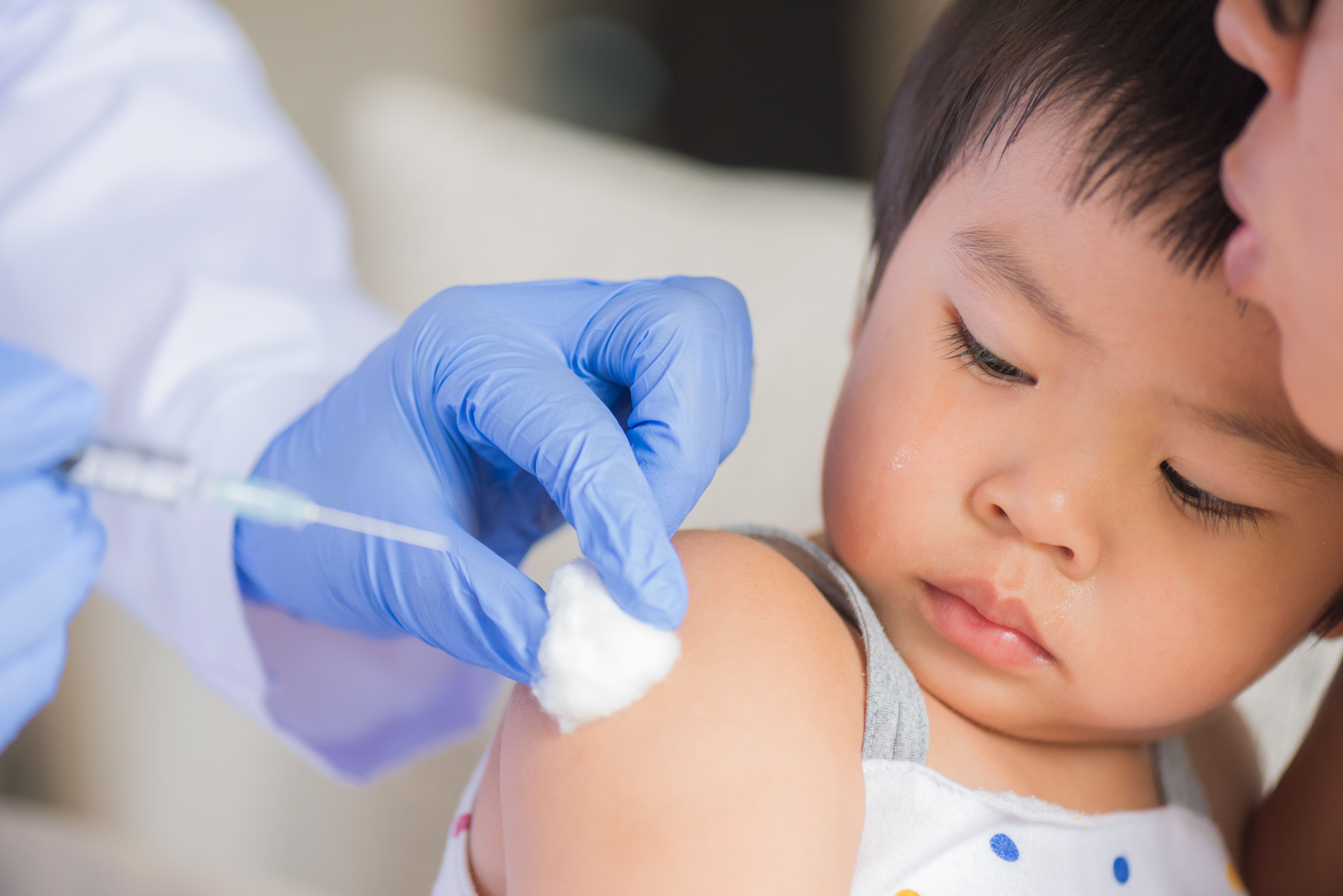How Vaccines Work
When bacteria or viruses invade the body, the immune system releases white blood cells and antibodies to fight the infection and prevent serious illness. Once the infection is over, the body is left with “memory cells,” which remember how to destroy the germ if the body were to become exposed to it again in the future.
Vaccines work by imitating serious infections without causing illness. The immune system responds to vaccines in the same way it would to a real infection – by forming memory cells. These memory cells protect against real, serious infections if the body were to be exposed in the future.
Why are vaccines important?
Vaccines are extremely important in preventing dangerous – sometimes deadly – diseases. In addition to being harmful, these diseases are also highly contagious. Herd immunity occurs when a community is protected against an outbreak because a significant portion of individuals in the community are immunized. There will always be some people who cannot get vaccinated (for example, newborns and individuals with compromised immune systems), so it is crucial that all medically-able individuals are immunized in order to prevent the spread of disease.
Research has shown that vaccines are safe, effective, and have had a positive impact on population health.
Before vaccinations were available, infectious diseases were the leading cause of death in the United States. In the early 20th century, the rate of deaths from infectious diseases was over three times higher than the next leading cause of death – heart disease. Therefore, infectious diseases significantly contributed to the shorter average life expectancy of about 47 years at the time. Today, infectious diseases are no longer a leading cause of death due to high rates of vaccination. This has substantially contributed to an increase in average life expectancy to 78 years. However, infectious diseases are still very prevalent in other countries. Since world trade and tourism can spread diseases to all areas of the world, it is still important that everyone who is medically able vaccinates.
